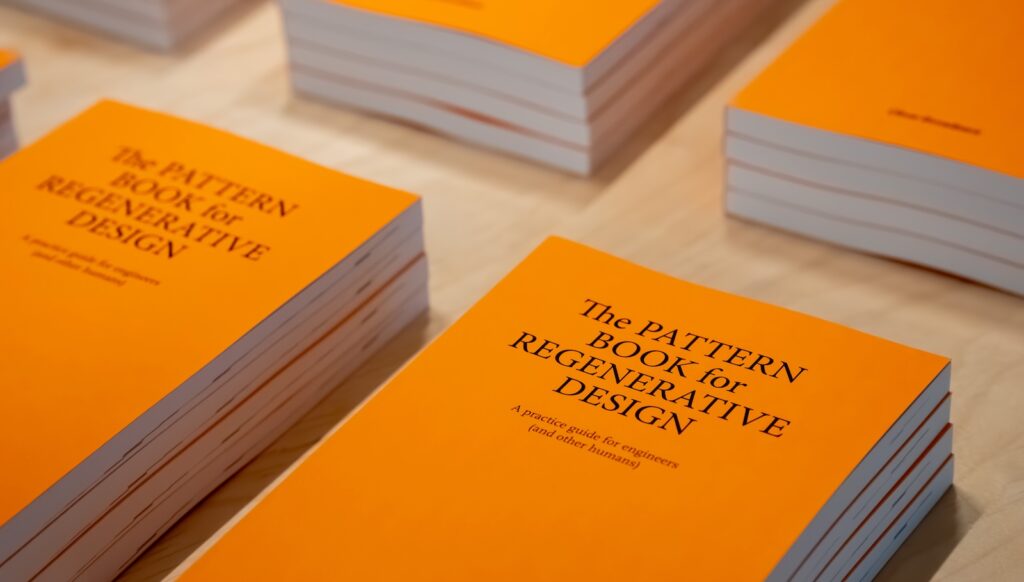Complicated systems are like chess: we know the rules, and with some calculation, we can work out the best possible move.
Complex systems are like poker: we know the rules but there is much more to how the game will unfold: the relationships, how people have played, patterns emerging.
Chess and poker require different strategies.
Engineers are often trained to solve complicated problems. We calculate outcomes, we stipulate procedures, we aim to control.
But the systems we are engaging with are often complex. Complexity requires different approaches: cycles of observation, action, reflection and updating plans.
And yet, it often feels like we use complicated strategies for complex systems.
It’s hard to win at poker by playing chess.
This distinction between complicated and complex systems draws on the work of David Snowden and the Cynefin Framework

For more on this topic, see the entry for Complexity in the Pattern Book for Regenerative Design.
